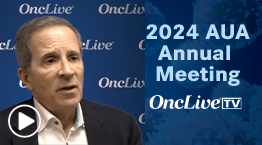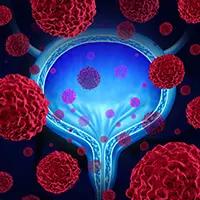Dr. Muss on Assessing Treatment Response in Patients With Metastatic Breast Cancer
Hyman B. Muss, MD, School of Medicine, University of North Carolina (UNC)-Chapel Hill, Breast Cancer, Geriatric Oncology Program, Mary Jones Hudson Distinguished Professorship in Geriatric Oncology, discusses assessing treatment response in patients with metastatic breast cancer.
Hyman B. Muss, MD, School of Medicine, University of North Carolina (UNC)-Chapel Hill, Breast Cancer, Geriatric Oncology Program, Mary Jones Hudson Distinguished Professorship in Geriatric Oncology, UNC Lineberger Comprehensive Cancer Center, UNC School of Medicine, discusses assessing treatment response in patients with metastatic breast cancer.
It can be challenging to choose between the various follow-up options for patients with metastatic breast cancer, Muss explains, from physical exams to imaging tools. Since many patients will have short-term responses to treatment, they do not need comprehensive and expensive follow-up tests, Muss explains.
Treatment regimens for metastatic breast cancer should be designed to control disease while maintaining a good quality of life; however, quality of life can become a lower priority in clinical practice, he says.



